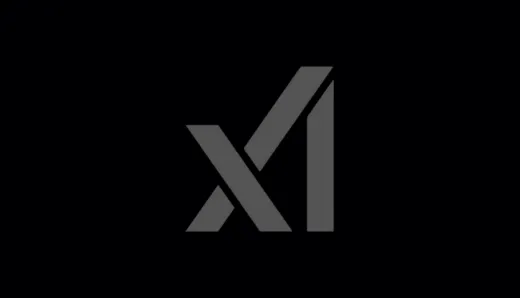OpenAI's Next Power Move: The AI Arms Race Heats Up

As we transition into the cooler months, things in the AI world are only heating up. OpenAI is on the verge of yet another seismic shift in the tech landscape, preparing for a funding round that could skyrocket its valuation to over $100 billion. Yes, you read that right—$100 billion. Let’s dive into why this matters, not just for the AI industry, but for the world at large.
The Rise of OpenAI: A Generational Giant
Since its public debut on November 30, 2022, OpenAI has rapidly grown into a generational company. With an astounding 200 million weekly users, OpenAI's ChatGPT has become the face of generative AI, leaving its competitors trailing in the dust. This level of dominance isn’t just about market share—it’s about setting the pace for the entire industry.
The company's aggressive expansion is a testament to its vision. OpenAI is building a subscription model for AI services akin to Amazon Prime but for AI. Imagine the possibilities: ChatGPT, ChatGPT Enterprise, SearchGPT, Sora, and a suite of other tools all under one umbrella. The commercial leverage this offers is unparalleled, making OpenAI not just a leader but a ruler in the AI space.
The Next Big Funding Round: Who’s In?
According to insiders, this next round of funding isn’t just another drop in the ocean. It’s a tidal wave. Microsoft, Apple, Nvidia, and other tech giants are expected to throw their hats in the ring. Bloomberg even reported that Amazon has acquired Covariant, a pivotal generative AI robotics startup, adding another layer of intrigue to the consolidation frenzy.
The pace of these investments is dizzying. We’re witnessing an accelerated consolidation among hyperscalers, who are gobbling up the best AI startups. OpenAI is no exception, and its upcoming funding round could be the catalyst for an all-out AI arms race.
Why This Matters: The Death of Sovereign AI?
Here’s where things get interesting—and a little concerning. OpenAI’s success might spell doom for smaller generative AI startups and sovereign AI initiatives around the world. Companies like Cohere, Aleph Alpha, and AI21 Labs might struggle to compete against this behemoth. The idea of a level playing field is rapidly fading, replaced by a winner-takes-all scenario.
This is more than just business. It’s about control—who gets to shape the future of AI, and by extension, the future of technology. With OpenAI potentially removing its current profit cap to attract even larger investments, the stakes have never been higher. The introduction of advertising into their revenue model seems inevitable, turning OpenAI into a generative AI juggernaut with few, if any, real competitors.
BigTech's Tightening Grip: The Global Implications
We’re not just talking about market dominance in the U.S. here. The ripple effects will be felt globally. The U.S. might use OpenAI as a technological firewall against China's growing AI prowess, but let’s be real—this could backfire. China’s advances in both AI and robotics are impressive, and they’re not slowing down. The next decade could see China overtaking the U.S. in both innovation and market share.
OpenAI’s rise is a double-edged sword. On one side, it’s a beacon of American ingenuity and technological prowess. On the other, it’s a stark reminder of the dangers of concentrated power. As OpenAI continues to grow, the question becomes not just how big it can get, but whether it’s in the best interests of global AI development for one company to hold so much sway.
What’s Next?
So, what’s the takeaway here? OpenAI isn’t just another tech company—it’s a force of nature, reshaping the AI landscape in real-time. Its next funding round could be the moment that solidifies its place as a generational titan, but at what cost? The consolidation of AI power could stifle innovation, limit competition, and pave the way for an AI arms race with global consequences.
As we watch this drama unfold, one thing is clear: the AI landscape will never be the same. The question isn’t just who will win, but what the world will look like when they do.
Stay tuned, because this story is far from over.




